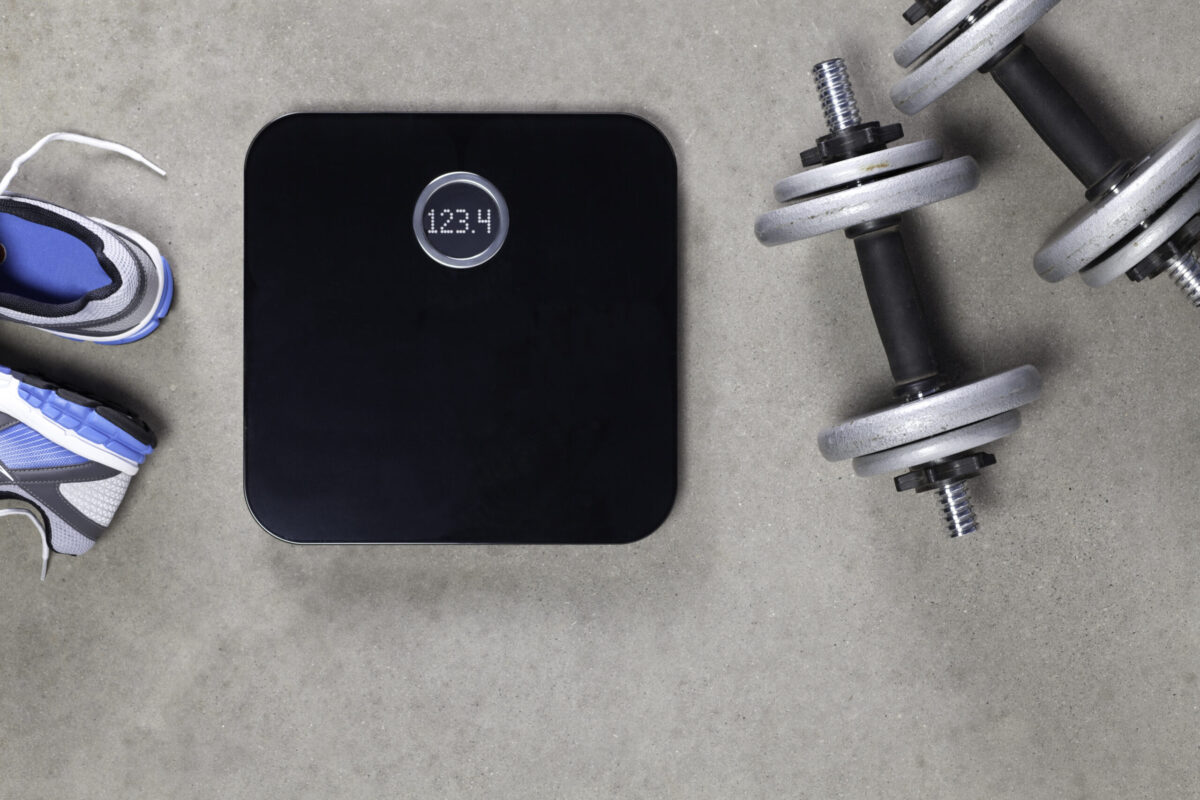Experts agree that weight doesn’t paint a full picture of a person’s health. But for many Tennesseans who are struggling with obesity, diabetes or heart disease, achieving and maintaining a healthy weight is a worthy goal.
But while you’re working toward that goal, how often is it healthy to weigh yourself? And what other weight-related guidelines should you use to measure your health?
WellTuned spoke with Erica Fleming, registered dietitian at BlueCross BlueShield of Tennessee, to find out.
Q: How often should you weigh yourself?
A: Once a week.
“When you’re working to lose or maintain weight, the most often you should weigh yourself is once a week, or even every 2 weeks,” says Fleming. “The most important thing is consistency. Weigh yourself around the same time each week, with the same amount of clothes and the same scale.”
Q: Aside from weight, what guidelines can you use to chart progress?
A: Clothes and measurements.
“The way your clothes fit can definitely be a guideline, especially when you’re focused on maintenance,” says Fleming. “Another is measurements — most commonly your waist, arm and thigh circumference, which can indicate if you’re staying in a healthy range and also help you gauge if you’re gaining or strengthening muscle.”
Take your measurements every 4-6 weeks at the widest part of your arm (bicep), thigh (quadricep) and waist or hips.
“Waist circumference is one of the best indicators of who’s at higher risk of heart disease and diabetes,” says Fleming. “With women, we want to keep waist circumference below 35 inches, and below 40 inches for men.”
Q: Any other benchmarks that are important to monitor?
A: Cholesterol and blood sugar.
“In addition to waist circumference, cholesterol and blood sugar are the best indicators of how healthy we are,” says Fleming. “Your primary care provider can take and explain those readings at your annual physical, but in general, we want total cholesterol below 200 mg/dL and an HgA1C between 5.7-6.”
Learn more:
- Our complete guide to cholesterol (including mg/dL breakdown)
- Guide to prediabetes (including blood sugar and HgA1C)
Q: What are the guidelines for pregnant women?
A: Look to gain 30-35 pounds over 39 weeks.
“Healthy weight gain is generally anywhere between 30-35 pounds,” says Fleming. “But weight is tricky during pregnancy because of hormones, so fluctuation is normal. What we want to see is gradual weight gain with the majority happening in the second and especially third trimesters.”
Q: How should you approach weight with kids and teens?
A: Focus on habits, not numbers.
“We don’t want to encourage kids or teens to focus on the number on the scale,” says Fleming. “Instead, focus on teaching them healthy eating habits, talk about how to make healthy choices, be physically active and develop an overall positive body image without the use of a scale. In reality, that’s the best way for all of us to approach weight healthily.”
Teens & body issues: how to know if your child is struggling
Get more information about specific health terms, topics and conditions to better manage your health on bcbst.com. BlueCross BlueShield of Tennessee members can access wellness-related discounts on fitness products, gym memberships, healthy eating and more through Blue365®. BCBST members can also find tools and resources to help improve health and well-being by logging into BlueAccess and going to the Managing Your Health tab.





